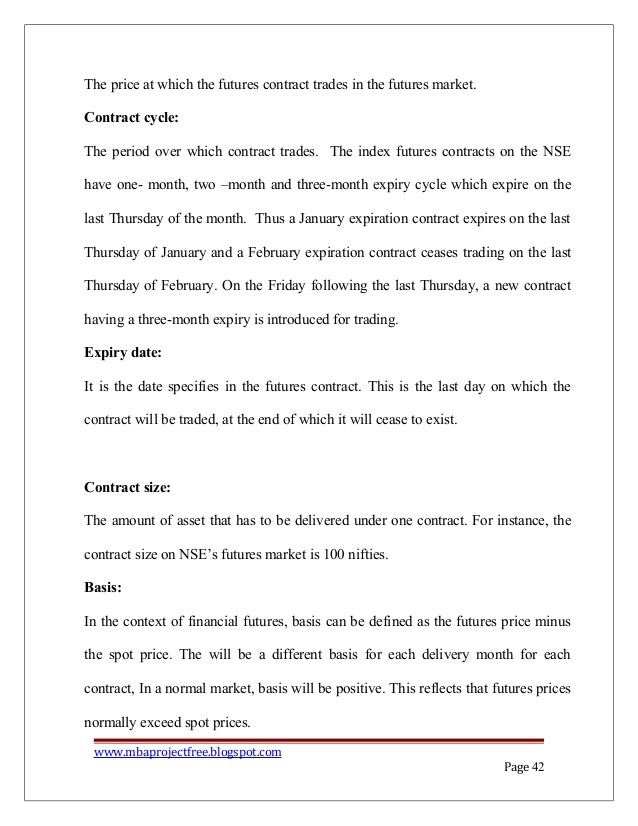WWWFinance Option Contracts
Post on: 25 Июнь, 2015 No Comment

Option Contracts
Latest Revision: February 16, 1997
5.0 Overview
This class provides an overview of option contracts. As with forwards and futures, options belong to the class of securities known as derivatives since their value is derived from the value of some other security. The price of a stock option, for example, depends on the price of the underlying stock and the price of a foreign currency option depends on the price of the underlying currency. Options trade both on exchanges (where contracts are standardized) and over-the-counter (where the contract specification can be customized). The focus of this class is on
- Definitions and contract specifications of the major exchange-traded options,
- The mechanics of buying, selling, exercising, and settling option contracts,
- Option trading strategies including hedging, and
- The relationships between options, the underlying security, and riskless bonds. In particular, it is possible to form combinations of derivatives and the underlying security that are riskless, providing a means of valuing options.

5.1 Objectives:
After completing this class, you should be able to:
- Determine the possible payoffs of option contracts.
- Understand the mechanics of buying, selling, exercising, and settling option contracts.
- Determine the possible payoffs of portfolios of options, bonds, and the underlying asset.
- Examine market prices to determine whether arbitrage bounds are violated in option markets.
- Understand the directional effects of relevant variables on the value of options.
- Use standard valuation techniques to determine the price of options.
5.2 Definitions
A call option is a contract giving its owner the right to buy a fixed amount of a specified underlying asset at a fixed price at any time or on or before a fixed date. For example, for an equity option, the underlying asset is the common stock. The fixed amount is 100 shares. The fixed price is called the exercise price or the strike price. The fixed date is called the expiration date. On the expiration date, the value of a call on a per share basis will be the larger of the stock price minus the exercise price or zero.
Options are in force for a limited time. The option expires when it is executed or on the expiration date (also called the maturity date). A call option on XYZ with a strike price of 45 and a maturity date in January will be referred to as The XYZ 45 January calls. All exchange traded options in the U.S. expire on the saturday following the third friday of the expiration month.
One can think of the buyer of the option paying a premium (price) for the option to buy a specified quantity at a specified price any time prior to the maturity of the option. Consider an example. Suppose you buy an option to buy 1 Treasury bond (coupon is 8%, maturity is 20 years) at a price of $76. The option can be exercised at any time between now and September 19th. The cost of the call is assumed to be $1.50. Let’s tabulate the payoffs at expiration.














